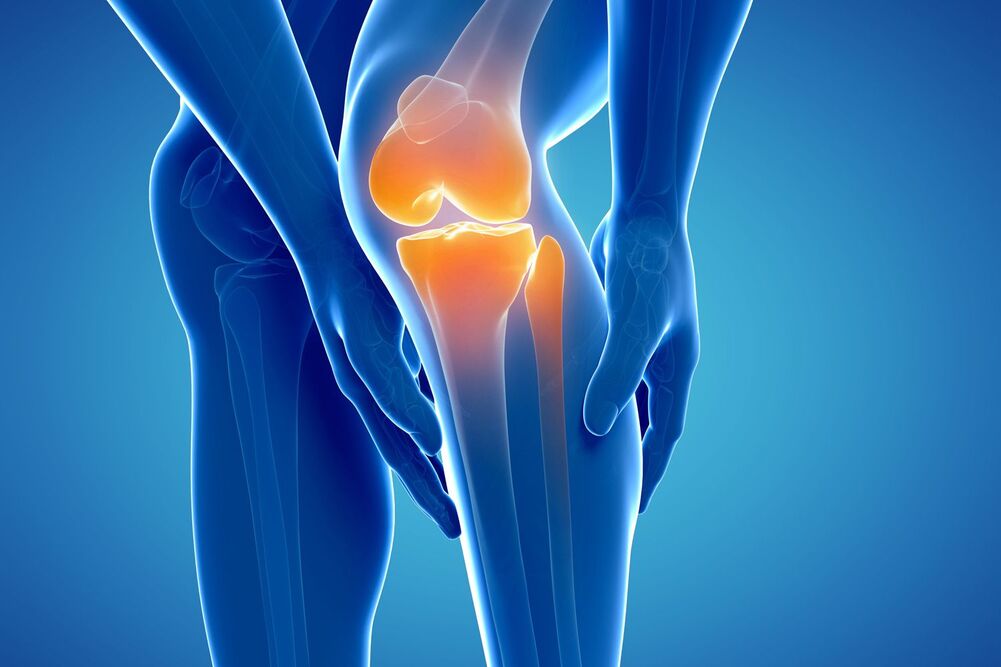
Joint health plays a vital role in maintaining overall well-being, as joints are responsible for enabling movement and flexibility throughout the body. Our joints undergo constant wear and tear throughout our lives, and without proper care, they can become prone to conditions such as arthritis, inflammation, and degeneration. Taking proactive measures to maintain joint health from a young age can help ensure that our bodies remain mobile and pain-free for years to come.
One of the most important aspects of joint health is staying physically active. Regular exercise helps to maintain the strength and flexibility of the muscles surrounding the joints, which in turn reduces the risk of injury. Activities such as swimming, cycling, and walking are excellent choices as they provide low-impact movement while still promoting joint function. It’s also essential to avoid overexertion and excessive strain on the joints, as repetitive high-impact activities can lead to long-term damage.
Nutrition is another key factor in supporting healthy joints. A balanced diet rich in nutrients such as calcium, omega-3 fatty acids, and vitamins D and C is essential for maintaining joint function. Calcium supports bone health, which is closely linked to joint health, while omega-3 fatty acids have anti-inflammatory properties that can help reduce joint pain and stiffness. Vitamin D plays a crucial role in calcium absorption, and vitamin C helps in collagen formation, which is important for the cartilage in joints.
In addition to nutrition, exercises that focus on flexibility, stretching, and strengthening muscles around the joints are highly beneficial. Yoga, Pilates, and resistance training are great ways to improve joint stability and mobility, as they help to maintain and improve muscle strength and joint function. Stretching exercises can also help keep the joints limber and reduce stiffness, especially as we age.
Maintaining a healthy weight is equally important when it comes to joint health. Excess weight puts additional stress on the weight-bearing joints, such as the knees, hips, and spine, increasing the risk of developing conditions like osteoarthritis. By maintaining a balanced diet and engaging in regular physical activity, we can help manage weight and reduce unnecessary strain on our joints.
Finally, regular check-ups with a healthcare professional are essential for monitoring joint health. If you experience any discomfort or pain in your joints, it’s important to seek advice and treatment early. Early intervention can help prevent further damage and improve outcomes in conditions like arthritis or tendonitis. In some cases, physical therapy, medications, or lifestyle changes may be recommended to manage symptoms and improve joint function.
By adopting a holistic approach that includes regular exercise, proper nutrition, weight management, and proactive healthcare, we can significantly improve and maintain the health of our joints, ensuring that they continue to serve us well into the future.